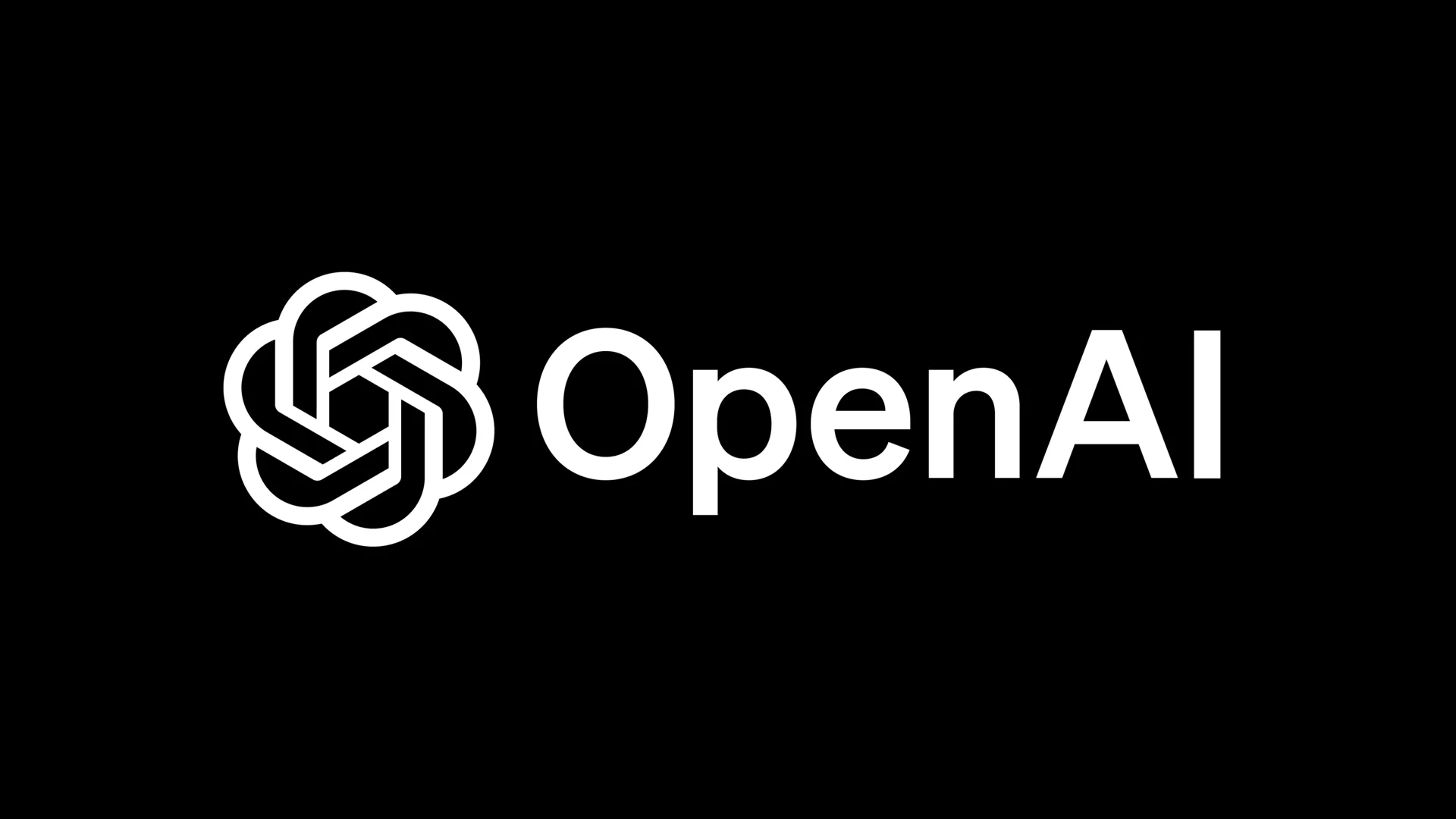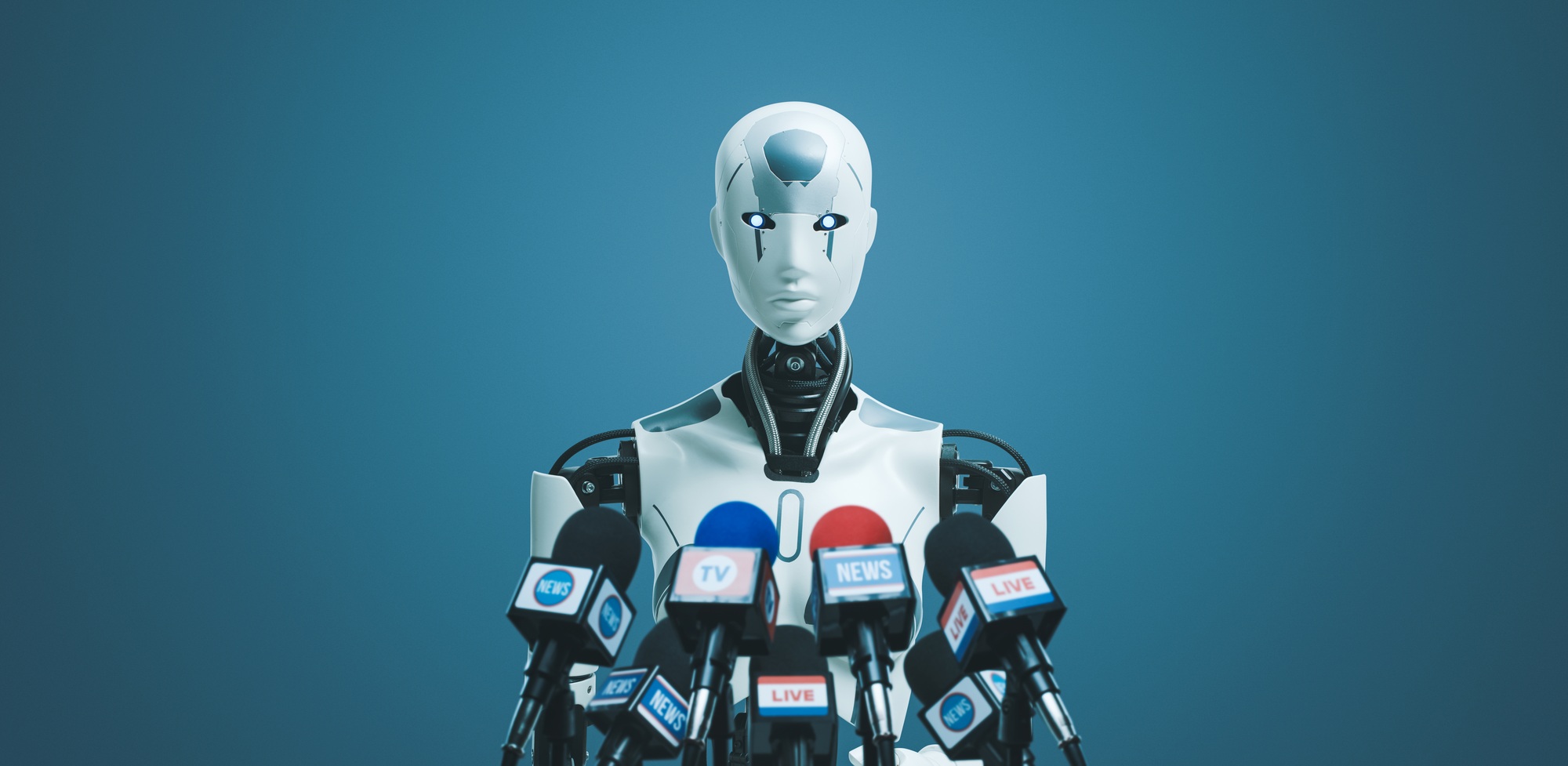News Corp chief executive Robert Thomson has warned that AI could damage creativity by undermining intellectual property rights.
At the company’s full-year results briefing in New York, he described the AI era as a historic turning point. He called for stronger protections to preserve America’s ‘comparative advantage in creativity’.
Thomson said allowing AI systems to consume and profit from copyrighted works without permission was akin to ‘vandalising virtuosity’.
He cited Donald Trump’s The Art of the Deal, published by News Corp’s book division, questioning whether it should be used to train AI that might undermine book sales. Despite the criticism, the company has rolled out its AI newsroom tools, NewsGPT and Story Cutter.
News Corp reported a two percent revenue rise to US$8.5 billion ($A13.1 billion), with net income from continuing operations climbing 71 percent to US$648 million.
Growth in the Dow Jones and REA Group segments offset news media subscriptions and advertising declines.
Digital subscribers fell across several mastheads, although The Times and The Sunday Times saw gains. Profitability in news media rose 15 percent, aided by editorial efficiencies and cost-cutting measures.
Would you like to learn more about AI, tech and digital diplomacy? If so, ask our Diplo chatbot!










